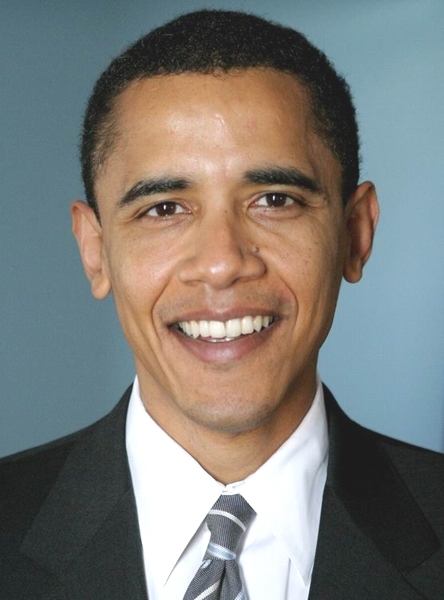Editorial: Deduction Reduction
Issue of March 13, 2009 / 17 Adar 5769
President Obama rode into office on a wave of concern about America’s economic future. He promised change and so far Americans seem to like what they’re seeing; polls are still riding high as the new administration nears the two month mark.
However, one change the president proposes is very troubling: a cap on tax deductions for charitable contributions by the wealthiest Americans. It would apply to those earning $250,000 a year or more and cap the deduction at 28 percent, down from the current 35 percent, the current maximum income tax rate. Beginning in 2011 the president proposes to raise the top rate to 39.6 percent on earnings of $250,000 or more. However, tax deductions for charitable contributions apparently would remain capped at 28 percent.
An article in The National Review, quoting a report by the Center on Philanthropy at Indiana University, estimates that the president’s proposal would reduce the value of a $1,000 contribution by $70, or 11 percent. Beginning in 2011, the value of a tax deduction for the same $1,000 contribution would be reduced by 19 percent, or nearly $200.
This does not bode well for the future of not-for-profits, particularly those in the Jewish world, which have been hit not only by exceedingly challenging economic conditions but by fallout from Bernard Madoff’s massive fraud.
We can’t know right now if the president’s proposal will become law but the good chance that it will only underscores how non-profits need to make changes on their own terms, before the president’s ill-advised plan forces change upon them.
In the past several months an editorial in this space predicted that many Jewish not for profits would have to make drastic changes in order to survive. Further, a pair of essays by Azriel Ganz, an attorney for a non profit, detailed his thoughts on how charities must strategically plan and cut costs, and seek strategic alliances — mergers, in other words — where appropriate.
Two homegrown non profits, the Cahal special ed program and the Tova mentoring organization, are the first ones into the pool. A page one story details not only how they plan to merge, effective immediately, but how Ganz’s Jan. 30 essay in The Jewish Star was the impetus for their bold move.
Other local organizations have shown that saving money is possible even in the course of effective fund raising. Several institutions, HALB and She’or Yoshuv, saved money by holding annual dinners on their own campuses.
Another, Yeshiva of South Shore, demonstrated Sunday night that it is possible to hold an enjoyable event even while holding down costs in dramatic ways that might have seemed unthinkable even 12 months ago.
South Shore’s dinner was held at the White Shul instead of The Sands, where it has been held for a number of years (in his remarks Rabbi Mordechai Kamenetzky drew a laugh for noting that the relocation also saved guests the toll on the Atlantic Beach Bridge); it was a buffet instead of a sit-down dinner (award presentations in the main shul were followed by a nice dessert spread and a performance of the yeshiva choir); and the school even saved thousands by not publishing a printed journal, instead projecting finished pages onto screens located around the room.
Perhaps the most significant aspect of the buffet fundraising dinner, in our opinion, was that the yeshiva resisted a natural impulse to pretend that there hadn’t really been any cut backs at all. Instead, the obvious was addressed forthrightly and with humor in speeches and prepared video presentations. It was smart, it was well done, and organizations that haven’t yet figured out how to follow suit need to get with the program, or face a very uncertain future.
Related:

 47.0°,
Mostly Cloudy
47.0°,
Mostly Cloudy 




